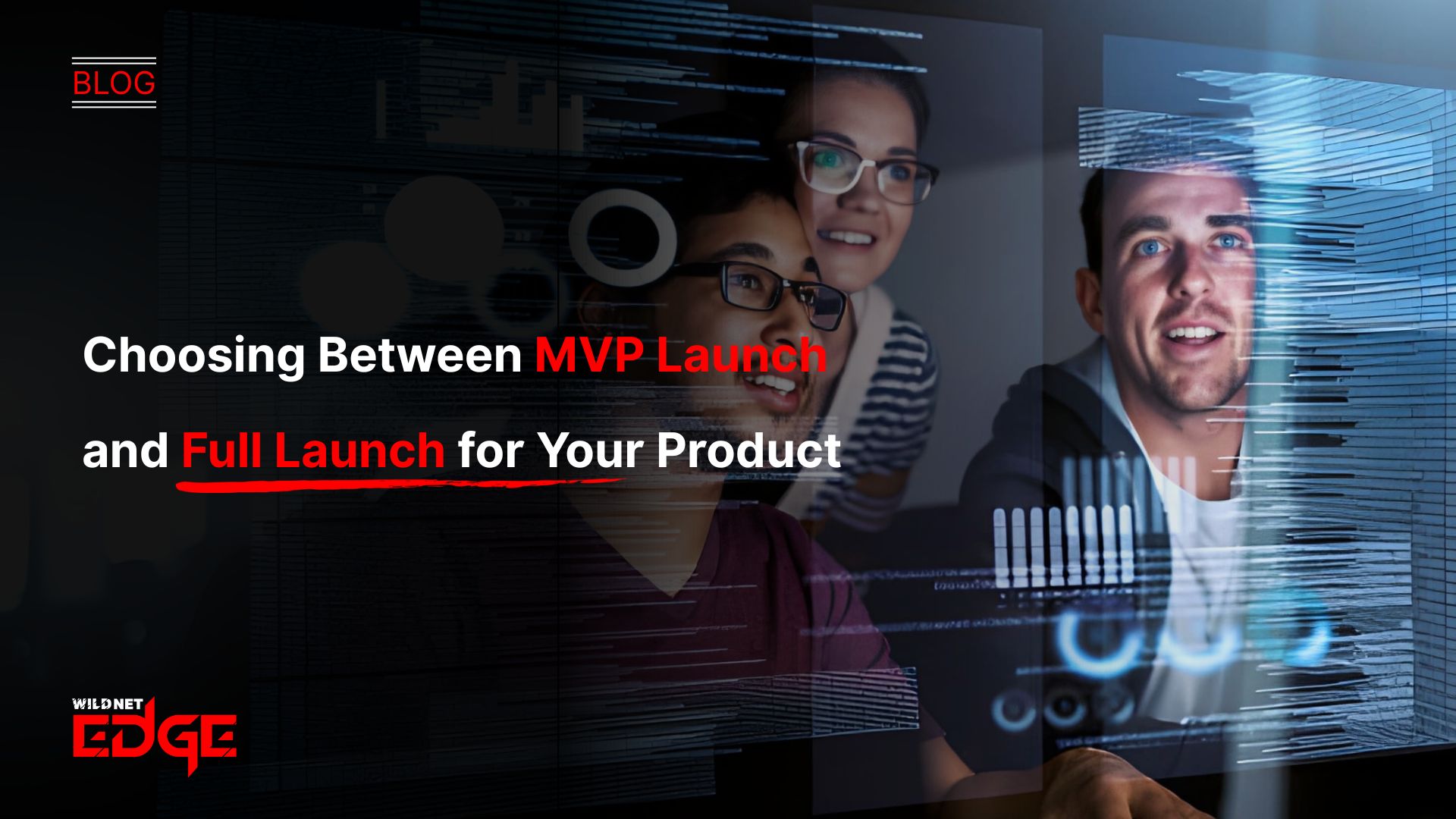Understanding the android app development cost is critical for businesses looking to invest in mobile technology. In today’s competitive market, budgeting for mobile apps has never been more important. A well-planned budget not only helps in aligning expectations but also plays a vital role in the success of your app project.
Factors Influencing Android App Development Cost
Development Platform Choices
The type of platform you choose significantly impacts your android pricing. Businesses can decide to develop solely for Android, target iOS users, or opt for a cross-platform approach. Each choice comes with varying costs due to differences in design, development frameworks, and maintenance requirements. For instance, developing a native Android app often demands specialized skills, thereby increasing the overall android app development cost.
Complexity of Features
The complexity of the app’s features directly contributes to the android app charges. Basic functionalities such as user authentication or social media integration may cost less, while advanced features like real-time chat, location tracking, or payment processing can substantially inflate your budget. It’s essential to balance essential features with advanced functionality to keep the app cost-effective.
Design and User Experience
Design plays a pivotal role in determining the mobile app budget. A minimalistic design may suffice for some apps, but custom graphics and a rich user interface can enhance user satisfaction while escalating costs. Investing in quality UI/UX design is vital as it impacts user engagement and retention, ultimately affecting your app’s overall success.
Understanding Android App Pricing Models
Fixed Price Model vs. Time and Materials
Selecting the right pricing model can influence the final android app development cost. The fixed price model offers a predictable budget but may be inflexible for changes. Conversely, the time and materials model can accommodate modifications but may lead to escalating costs if not monitored. Clients must evaluate the scope of their project to choose a model that aligns with their financial strategy.
Ongoing Maintenance and Support Costs
After the initial launch, ongoing maintenance often carries long-term android pricing implications. Regular updates, bug fixes, and customer support can accumulate costs over time. It’s essential to factor these expenses into your mobile app budget to avoid surprises months after deployment.
Selecting the Right Android App Development Company
Factors to Consider When Choosing an Android App Development Company
When selecting an Android app development company, consider attributes such as experience, portfolio, and client testimonials. These factors can greatly influence the android app development cost, and thus, it’s essential to conduct thorough research. A company with a proven track record can often provide a better ROI on your investment.
Questions to Ask Potential Developers
Evaluating potential developers requires asking the right questions. Inquire about their experience with similar projects, their development process, and their approach to managing android app charges. Understanding their communication and project management strategies can also help ensure alignment with your budget and expectations.
Evaluating Developer Portfolios and Reviews
Reviewing developer portfolios and customer testimonials is critical for making an informed choice. Take note of their previous work and how they have approached cost management. This evaluation can also provide insight into their methods for controlling the mobile app budget throughout the development process.
Hiring an Android App Developer: Cost-Effective Tips
Where to Find Qualified Android App Developers
There are several platforms where businesses can hire android app developer talent. Websites like Upwork, Freelancer, and specialized IT forums provide access to numerous professionals. Additionally, be mindful of how location can impact development costs; developers in certain regions may offer more cost-effective solutions without compromising on quality.
Benefits of Freelancers vs. Agencies
Hiring freelancers may offer lower rates compared to agencies, but each has its advantages. Freelancers can provide localized expertise and flexibility, whereas agencies typically have broader resources and experience handling large projects. Understanding these differences can help you decide which approach aligns with your budget while still delivering quality results.
Negotiating Rates with Developers
To manage your mobile app budget, it’s important to negotiate with developers confidently. Be clear about your budget constraints while emphasizing the project’s potential for future collaboration. Effective negotiation can lead to cost reductions without sacrificing quality, which is vital for both short-term needs and long-term success.
Conclusion
In summary, considering the android app development cost involves analyzing various factors, including development platform choices, feature complexity, and design elements. By carefully evaluating these aspects and choosing the right development company, businesses can optimize their mobile app budgets. If you’re looking for a trusted partner, “”Wildnet Edge”” is an AI-first company that excels in delivering tailored app development solutions.
FAQs
Insights can vary, but industry standards suggest that the android app development cost typically ranges from $20,000 to $200,000, largely dependent on complexity.
Key elements impacting pricing include feature set, design requirements, platform choice, and ongoing maintenance expenses.
Managing costs involves clear planning, choosing the right pricing model, and staying on top of ongoing expenses post-launch.
An established company usually provides a wider scope of services, a team of experts, and better resource management, ensuring a smoother development process.
Potential hidden costs may include ongoing maintenance, app store fees, and costs associated with updates and customer support post-launch.

Nitin Agarwal is a veteran in custom software development. He is fascinated by how software can turn ideas into real-world solutions. With extensive experience designing scalable and efficient systems, he focuses on creating software that delivers tangible results. Nitin enjoys exploring emerging technologies, taking on challenging projects, and mentoring teams to bring ideas to life. He believes that good software is not just about code; it’s about understanding problems and creating value for users. For him, great software combines thoughtful design, clever engineering, and a clear understanding of the problems it’s meant to solve.
 sales@wildnetedge.com
sales@wildnetedge.com +1 (212) 901 8616
+1 (212) 901 8616 +1 (437) 225-7733
+1 (437) 225-7733















 ChatGPT Development & Enablement
ChatGPT Development & Enablement Hire AI & ChatGPT Experts
Hire AI & ChatGPT Experts ChatGPT Apps by Industry
ChatGPT Apps by Industry ChatGPT Blog
ChatGPT Blog ChatGPT Case study
ChatGPT Case study AI Development Services
AI Development Services Industry AI Solutions
Industry AI Solutions AI Consulting & Research
AI Consulting & Research Automation & Intelligence
Automation & Intelligence















